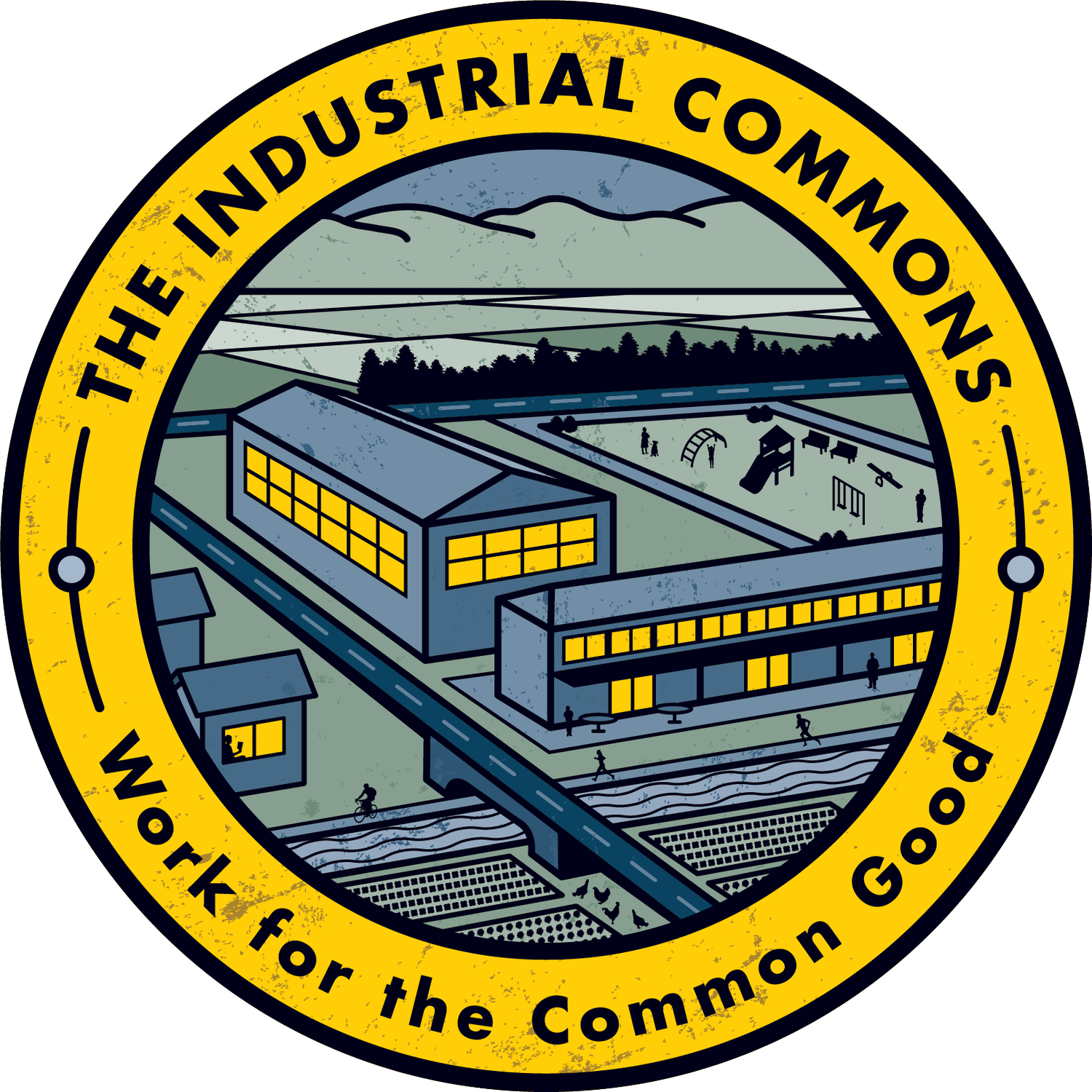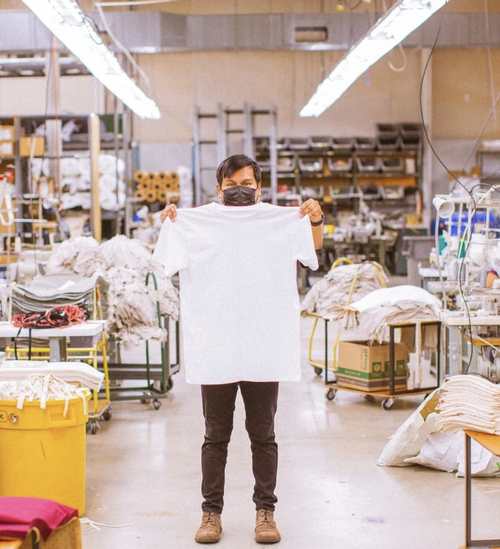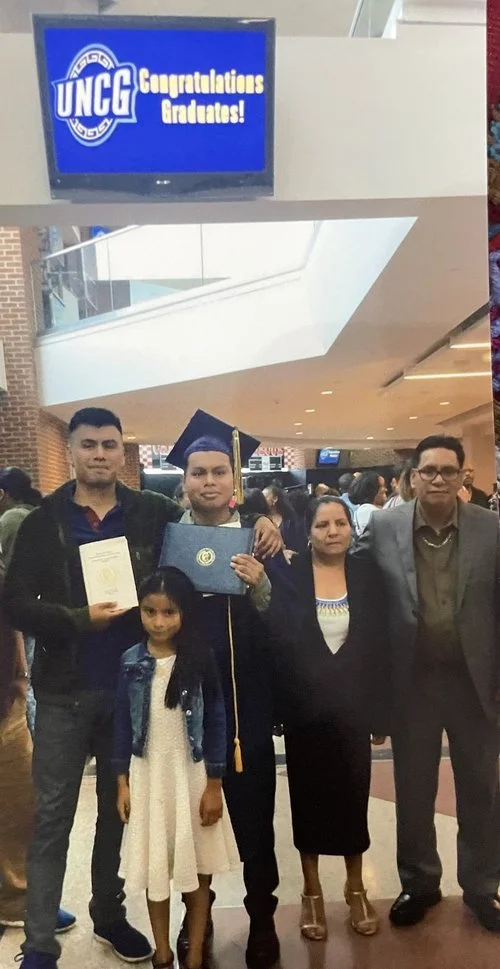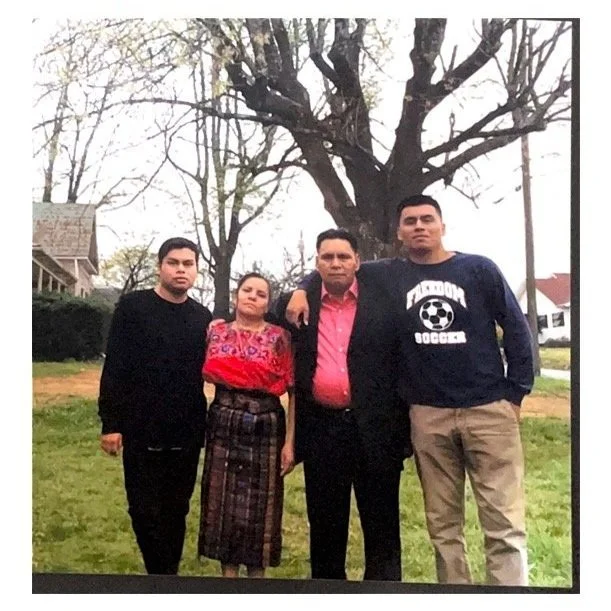Hispanic Experience in Burke County
Overview
During the 1990s, the Hispanic population in Burke County grew 824 percent compared to the national increase of 60 percent. It is apparent that during this time the cultural landscape of Burke County was profoundly and uniquely shifted. Most of the Hispanic population in Burke County consists of Mayan Guatemalans who arrived as both war and economic refugees. Other Hispanic ethnic groups that live in Burke County include people from Mexico, Colombia, Honduras and El Salvador. The Hispanic communities are connected by the Spanish language, which is a second language for many who have other primary ethnic dialects. The Hispanic experience is an example of the relationship between traditional ethnic values, affinity spaces and cultural assimilation as experienced by many modern immigrants.
Guatemalan Civil War 1960–1996
The Guatemalan Civil War was fought between the government of Guatemala and indigenous groups. One of the long-standing issues was the unfair land distribution to the wealthy - mainly European-descended - citizens and foreign companies, which led to civil war with the indigenous groups who lived in poverty. Over the span of the 36 years, military dictators fought for power, and an estimated 140,000-200,000 people were killed, or forcefully disappeared, by the Guatemala state against the civilian population. The government repression also led to the massacre of entire villages and the widespread killing of Mayans were considered a genocide.
Cuatemalan Culture | As seen Through…Raul Martinez
Hello, my name is Raul Martinez. I am ethnic Mayan and was born in Morganton, North Carolina. When I was younger, my brothers and I were sent to live with our grandma for two years in Guatemala after our parents divorced. My grandmother did not have a formal education nor did she have the finances to continue her education. Most people in the village where I was raised had no formal education. Some of my best memories of Guatemala are the festivals - we went to a lot of them!
When my parents came to the US, they faced many challenges because of the language barrier. The other challenge they had was finding a job to support themselves and even if they did find a job, they still faced a lot discrimination such as not being treated fairly, and having no voice to speak up against the wrongdoing of upper management. Still, my father worked hard for the American dream. His vision for this dream was the freedom he did not have in his own country: the power to vote, opportunity for economic stability, homeownership, and education for his children. Burke County has one of the fastest growing populations of Hispanics - some are DACA recipients or here because their parents brought them here for a better life. As a Hispanic person, I don’t take for granted that I am an American citizen. I can vote, have benefits, and access to higher education.
One triumph in my life is finishing my education and graduating from UNC-Greensboro. I am the first in my family - I did it to make my parents proud - especially because of how hard they worked to support me and my brother. Obtaining higher education has benefited me with various job opportunities and economic stability. Raul is the Office Manager for Opportunity Threads, the largest immigrant-led cut-and-sew worker-owned cooperative in the US. This year is my fifth year working for Opportunity Threads, and this place has taught and developed me into a better leader. Our company is very accepting and creates a safe environment where your voice is heard and valued. Worker-owned cooperatives like ours give people the opportunity to become owners, or members, to become a decision-maker on how the business operates, and vote on matters that benefit both the employees and the company.
When people hear my story, or other stories, I hope they appreciate the diversity and cultural differences that our community offers. My upbringing is different from everyone else and telling my story helps shape who I am.
Raul at Opportunity Threads
Raul’s family with him (center) at his UNC-Greensboro graduation.
Raul with one of his brothers.
Village in Guatemala where Raul’s parents lived and where he spent two years living until 1999.
Raul’s family



